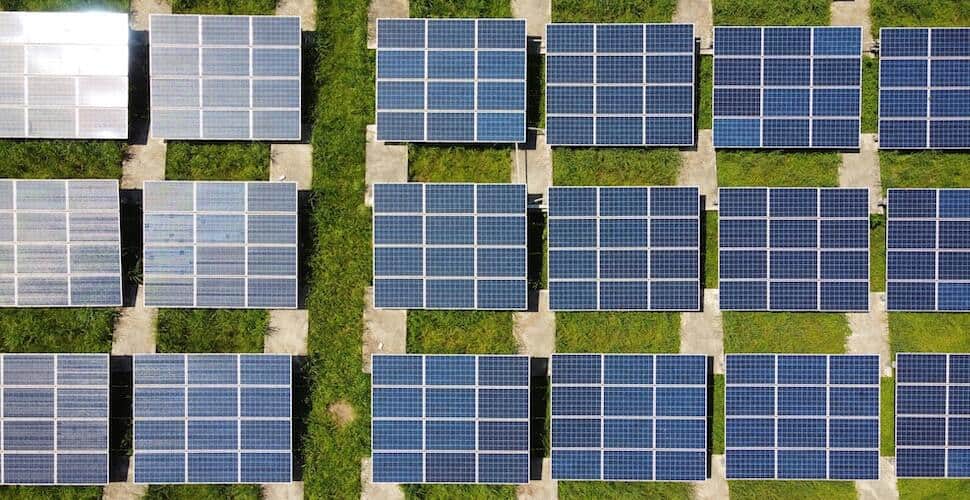The solar industry, a critical player in the global shift towards renewable energy, found itself entangled in controversy in 2021 when evidence was found that the Uyghur Region alone produces almost half of the world’s solar-grade polysilicon, a key component of solar panels. A fresh report reveals that solar giants continue to rely on the Uyghur Region, where the risk of forced labor is high, for key inputs, raising questions about the industry’s commitment to ethical supply chains and human rights.
Over-exposed
The comprehensive report led by Sheffield Hallam University, spearheaded by Alan Crawford and Professor Laura Murphy, assesses ten solar module manufacturers, including industry giants like Jinko Solar, Canadian Solar, and LONGi Solar, shedding light on their reported exposure to the Uyghur Region.
Bifurcated supply chains and smokescreens
Since the last report, a new trend has been discerned whereby some solar module manufacturers bifurcate their supply chains, attempting to create an alternative product line free from Uyghur Region materials. These efforts are partly a response to the U.S. Uyghur Forced Labor Prevention Act (UFLPA), which prohibits goods from the region from entering the U.S. due to the high risk of forced labor and the challenge of credible due diligence. However, the same companies continue to source from the Uyghur Region for other markets without such import bans or strict regulations.
Another new trend? Even less supply chain transparency than before!
The researchers note,
As the crisis in the Uyghur Region has revealed, supply chain transparency is necessary to make the transition to renewable energy a just one. Counter-intuitively, however, information about solar sourcing has become increasingly unavailable following the revelations of the solar industry’s reliance on—and resultant complicity in—the oppression in the Uyghur Region. Even as leading companies create new untainted supply chains, the industry’s increased opacity means consumers, procurers, investors, and governments find it nearly impossible to identify a solar module that they can fully trust is not made with Uyghur forced labor. Public trust in the solar industry is extremely low.
Key findings from the report:
- The Uyghur Region accounts for approximately 35% of the world’s polysilicon (down from 45% since 2020) and as much as 32% of global metallurgical-grade silicon production.
- The majority of solar modules produced globally remain exposed to the Uyghur Region, with Chinese production significantly amplifying this exposure.
- Some major module manufacturers claim to have supply chains free from Uyghur Region inputs, but evidence varies among suppliers. China-based manufacturers produce around 7-14% of their total production capacity on these dedicated supply chains.
- Many companies that have created supply chains purportedly free of Uyghur Region inputs continue to source from suppliers or sub-suppliers that have exposure to the Uyghur Region for other product lines.
A global responsibility
Freedom United and the Coalition to End Forced Labor in the Uyghur Region continue to call for solar companies to fully exit the Uyghur Region along their entire supply chains.
Governments worldwide are urged to enact import control legislation that bans goods made with forced labor. Additionally, measures such as financial incentives and development finance should encourage the diversification of renewable energy technology supply chains, promoting alternative sourcing.
Join the campaign calling on world leaders to commit to a transition to renewable energy that ensures that forced labor in mineral extraction and manufacturing is eradicated.







Freedom United is interested in hearing from our community and welcomes relevant, informed comments, advice, and insights that advance the conversation around our campaigns and advocacy. We value inclusivity and respect within our community. To be approved, your comments should be civil.